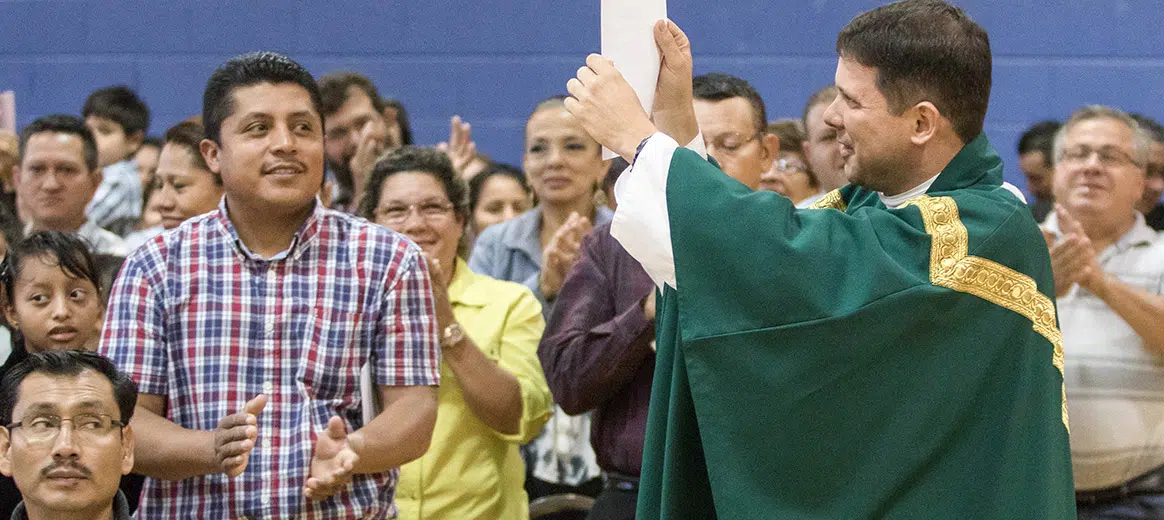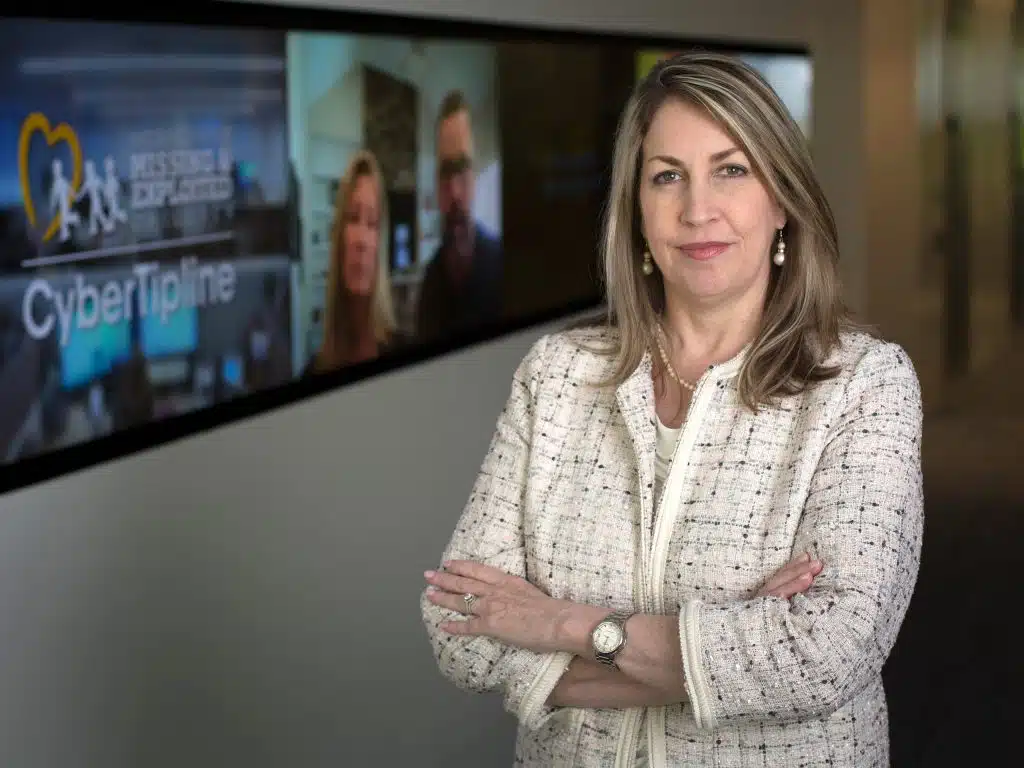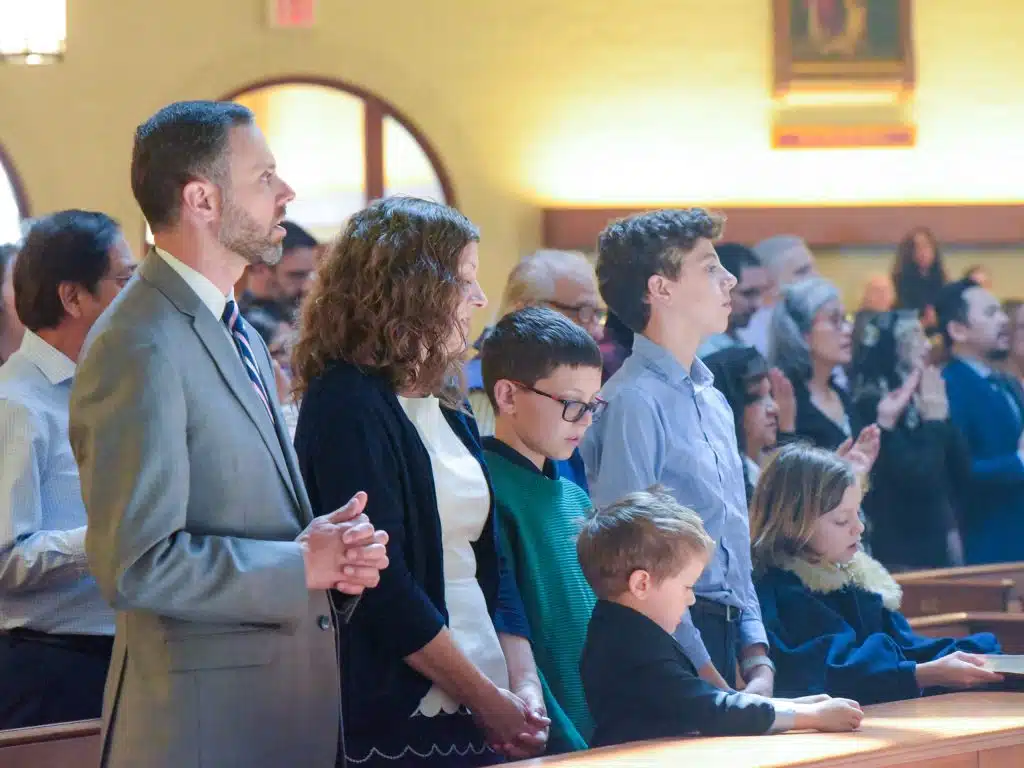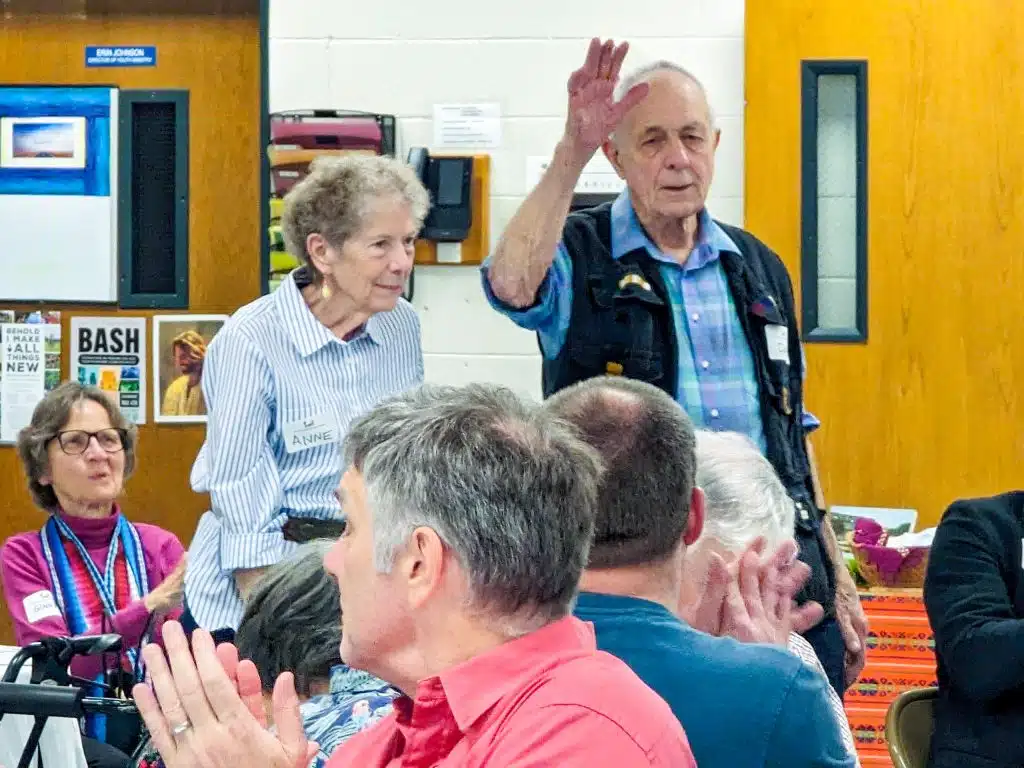The
Diocese of Arlington is facing an increasing demand for Spanish-speaking
priests as the Hispanic community in Northern Virginia continues to grow by
leaps and bounds. The Hispanic community in the diocese makes up approximately
46 percent of its Catholic population, according to the diocesan Spanish
Apostolate.
“As
the Hispanic community grows, this is noticeable in weekly participation in the
parishes. A great example of it can be observed in this liturgical time of
Lent,” said Father José Hoyos, director of the Spanish Apostolate. “There are
parishes that must celebrate up to five Masses in Spanish because of the number
of people who participate in the church’s Lenten activities.”
It
is estimated that Hispanics make up more than 60 percent of Catholics under the
age of 18, according to the apostolate. Within the diocese, the most populous
communities are from El Salvador and Mexico. Other communities are from
Honduras, Puerto Rico, Bolivia, Guatemala, Peru, Colombia and other Central and
South American countries. The diocese has Hispanic ministry in 35 of its 70
parishes and in two of its five missions. According to the Mass Count in 2018,
50 percent of the parishes offer a Mass in Spanish, while only 26 parishes
offer Mass in English only. The two largest Spanish-speaking communities within
the diocese are in Manassas and Woodbridge.
“The
community also is growing because many people and sometimes entire families
must immigrate to this country due to the difficult situations facing their
countries of origin,” said Father Hoyos. Most Hispanic families are large,
according to Father Hoyos.
As
the Spanish-speaking population continues to increase, so does the need for
priests who can minister to them in their language and address their needs. The
challenge is being felt by pastors, according to Father Paul Scalia, diocesan episcopal
vicar for clergy.
Pastors
of parishes with growing Hispanic populations need staff and lay ministers who
can speak Spanish, according to Father Scalia.
“It
is going to become standard for the work of the Gospel in this area to minister
to those who speak Spanish,” said Father Scalia, saying that priests and
seminarians should not hesitate to learn the language. “The need will be
presenting itself. We need to be learning it now.”
Father
Scalia said that priests with no knowledge of Spanish can assist those in need
of their ministry by at least reading the rites in Spanish to administer the
Sacraments. However, more than basic language skills are needed, Father Scalia
said — aside from administering the Sacraments, priests should be able to help
the faithful through marriage preparation and counseling.
Aside
from language, cultural understanding is also an essential element of priestly
ministry.
“Having
to learn their culture is very important,” said Father Michael Isenberg, diocesan
director of vocations. “It’s more than just the language — it’s understanding
people, where they come from, their customs.”
According
to Father Hoyos, the majority of Hispanic communities in the diocese retain their
language, culture and religious traditions despite assimilation into American
society.
‘They
need priests with knowledge of their Hispanic religiosity, popular devotions
and cultural aspects that are part of their lives,” said Father Hoyos, who
suggested that learning to understand Hispanic cultures be part of priestly
formation.
Vocations
to the priesthood from the Hispanic community would provide a solution to these
challenges. However, as of yet, that has not occurred on a large scale.
“The
main problem we have is that there are not a lot of Hispanic vocations coming
in from Hispanic communities themselves,” said Father Isenberg.
Father
Isenberg said the Vocations office has been working to encourage vocations with
the help of local Hispanic priests. For example, Father Mauricio Pineda, parochial
vicar of All Saints Church in Manassas started a weeklong summer camp last year
to encourage vocations among Hispanic youths and hopes to expand the program
this year.
There
are currently only 16 Hispanic priests serving in the diocese, two of whom are
retired but continue to assist due to the great demand for their ministry.
“All
of them are very active in their parishes,” said Father Hoyos. “I think the
work they do is phenomenal, because within our diocese we have multiculturalism
within the Hispanic community itself.”
He
explained that the Hispanic priests perform their ministry seamlessly despite
geographical and cultural differences within the diocese’s Spanish-speaking
population. “This is not an impediment to them,” he said.
For
example, Father Hoyos said, a Salvadoran priest can celebrate the popular
Mexican feast day of Our Lady of Guadalupe, or a Colombian priest can celebrate
the Feast of El Salvador del Mundo, which has special significance for Salvadorans.
“In
the end, we all have something in common,” said Father Hoyos. “We all speak Español.”
Fletcher can be reached at
[email protected] or on Twitter @zbfletcherACH.



